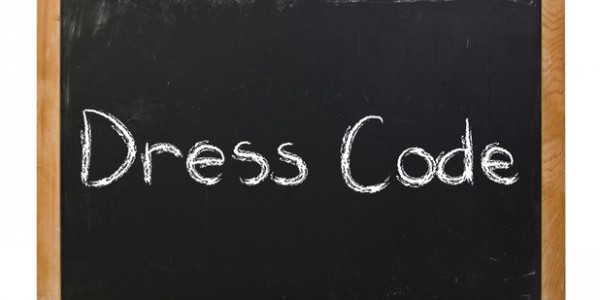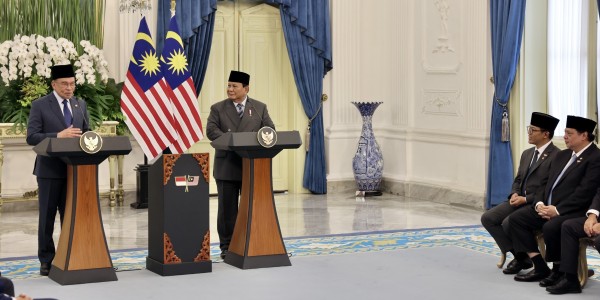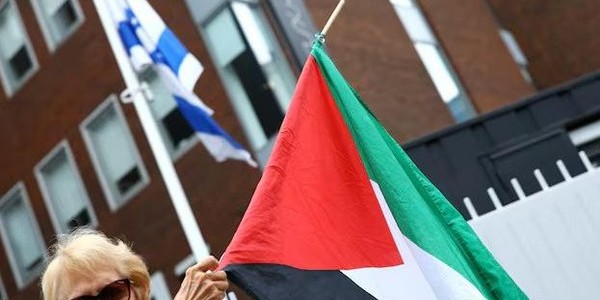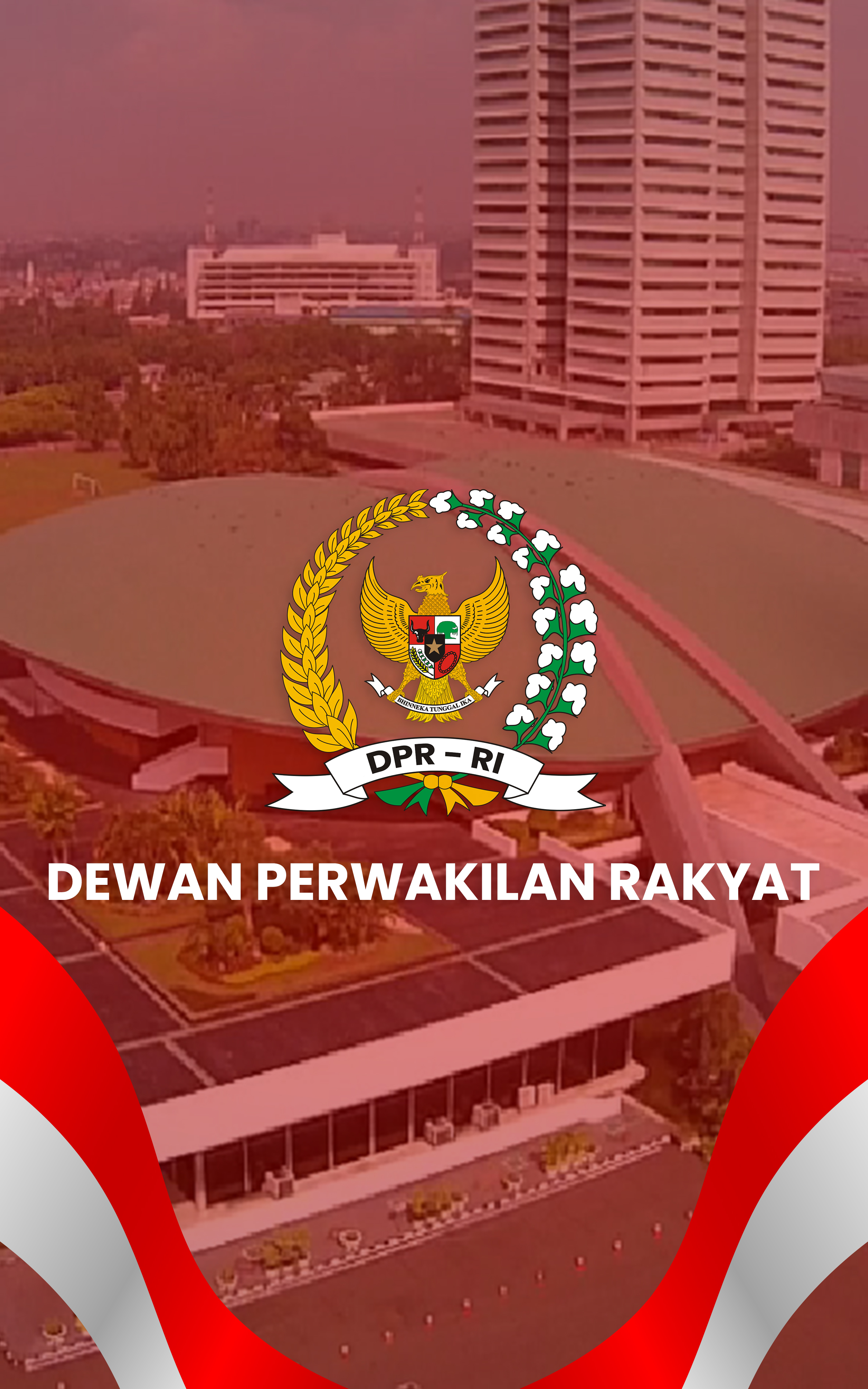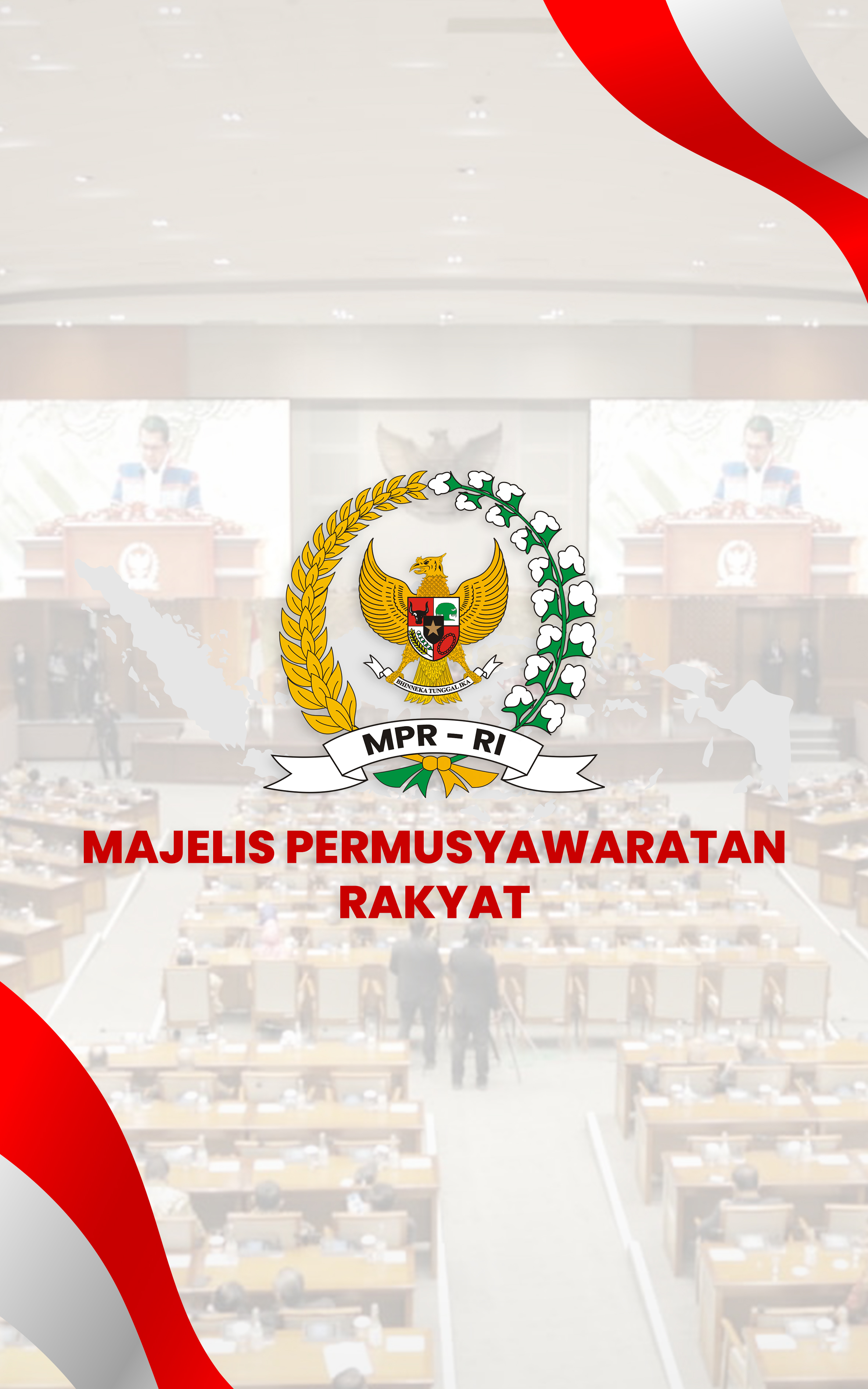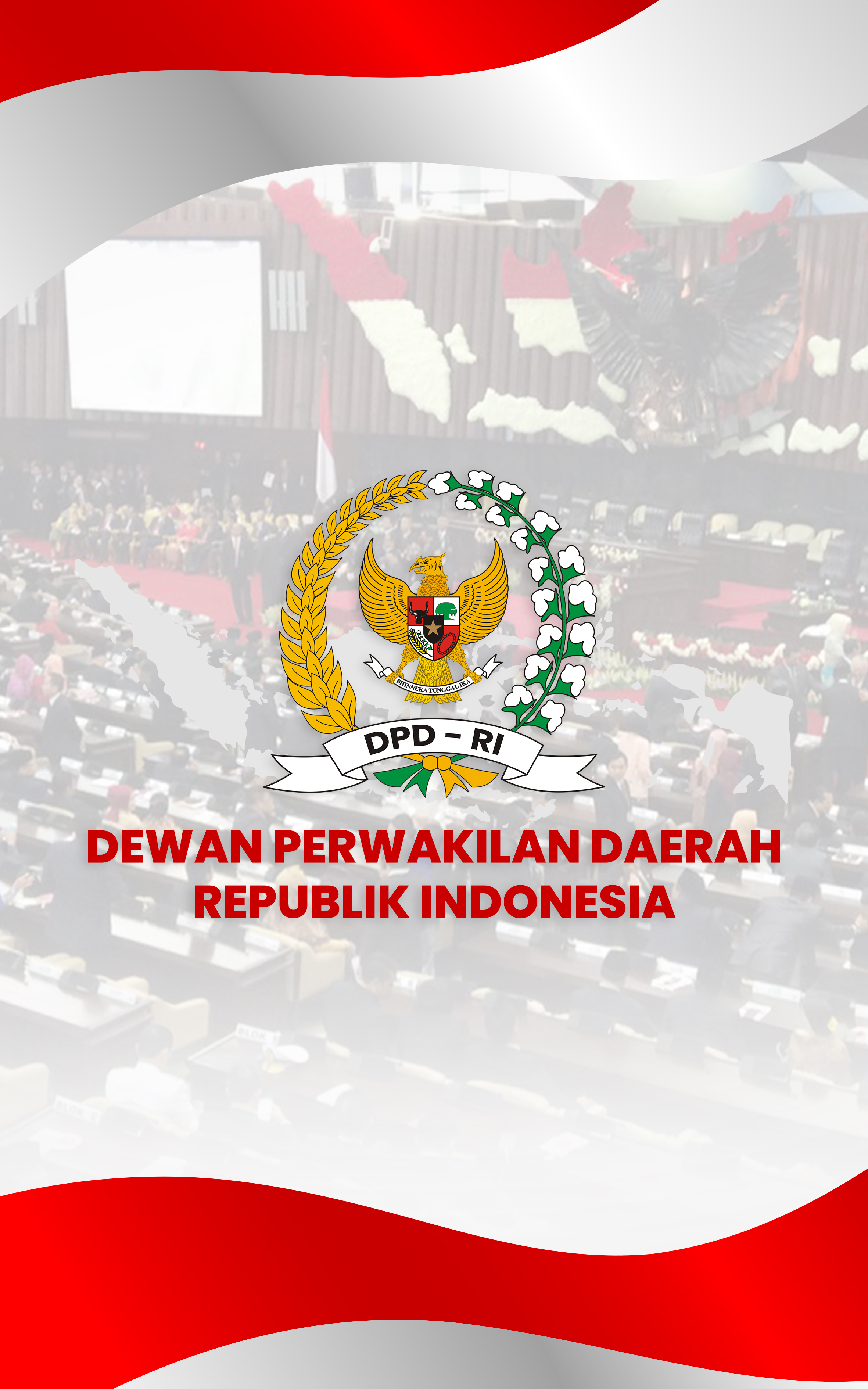When a group of teenagers were kicked out of a famous café in New York in the early 2000s, I saw them angry and asked what was the problem? It happened one day, I stopped by and flashed nostalgia during my trip to New York. My friends and I went in without any problems, because from the beginning my friend made me aware of this dress code.
“You’ve read, in front of the door announcement or on the website we have mentioned ‘dark-dark’ as the ‘dress code’!”
They apparently did not have time to read the rules of dress, because on a typical day in jeans and T shirt is safe. All this time they understood, sandals on any day are not accepted. Sandals are not included in the list of wearable either in cafés or hotel. Some of them appeared in street wear.
I never come down to the breakfast room with the hotel room robe, let alone wear hotel sandals. It’s a self-embarrassing. In Indonesia, I often see people come down to breakfast in a hotel room, even wearing kimonos!
It’s also against ethics code. Yes ethics beautifies our live.
For diplomats or in international business circles, ethics —including the dress code—is the norms. Dress code is written in the invitation and should be respected. In the working days the diplomats are dressed in suits, or in the international language is called: lounge suits. In Indonesia the lounge suit, it is called Pakaian Sipil Lengkap, or shortened ‘PSL’.”
But in a garden party between friends during the weekend would be more comfortable with dress neatly, or what the international language is called: ‘informal’, ‘casual’ or ‘smart casual’.
Of course, their ‘casual’ or ‘informal dress’ did not come in blue jeans and t-shirts. This dress code allows to come in with corduroy or khaki jeans, shirt with collar, with no tie of course. Usually they wear a suit, called a sport jacket.
Why should the dress code be determined to attend formal or informal events? Of course there is for a reason.
Dress Code is a set of written rules and more often unwritten related to clothing. Clothing, like other aspects of human physical appearance, has a social meaning, with the application of different rules and expectations depending on circumstances and events.
For diplomats, dress code is part of ethics, when there are at banquets, official meetings, negotiating, or attending parties. If we are summoned to the State Palace, it is an honor and here the rules of protocol are strictly enforced. We know it very well, the state palace is treated like a kingdom, all must be arranged on orderly manner, because the dignity and symbol of the country are attached to it and should be respected. No negotiations.
The purpose of the existing of protocol rules is to predict that the event goes smooth, secure and comfortable. No surprises are predicted and liked.
During my active years, if in one day there are several invitations with different dress code, then I ought to prepare the dress code according to the dress code posted on the invitation accordingly. If different dress code is required I will respect it.
‘Business casual’ means to dress professionally, casually, yet neatly and attractively, accepted by international circles, it is also known ‘smart casual’ dress. This dress code is also adopted among diplomats. ‘Business casual’ or ‘smart casual’ is somewhere in between formal suits (lounge suits) and informal attire. For example, for men: a shirt with a collar (polo shirt) and cotton pants (or “khaki pants”), while for women: tennis suits and trousers. Of course, a tie is excluded from business casual clothing. Always remember not to wear jeans because it is considered very informal and rather careless and it is not acceptable in the civilized world.
Ethnic clothing like Batik in Indonesia or similar attires recognized in other countries could be considered formal dress. However, the rules of international dress code are safe and it makes me to feel more comfortable.
Foreign diplomats in Jakarta understand that Batik has become the official dress. I feel comfortable with Batik when attending the national day reception. But, I do not wear batik when meeting visiting international guests.
Batik is noble in our standard. When at APEC event in Bogor in 1994 all the invited heads of state and government wear batik clothes, American media called it ‘funny shirt’. It could create wrong understanding and or acceptance.
Before attending a negotiaton, my colleague asked why I did not wear batik. He wore batik, while my attire was formal dress, or lounge suit, with a tie. My answer is simple:
“If I wear batik clothes, maybe my counterpart will feel less appreciated because he is with the international dress code. In order not to be misunderstood, I feel comfortable wearing a suit, “I said.
He seemed dissatisfied with my explanation.
“I used to have formal negotiations on batik shirts. My counterpart before the negotiations asked what it was. I explain this was Batik. Then he asked again what the meaning and message of paintings the batik want to convey? I could not answer this simple questions.
If my wife was asked, she might explain it well because she learned about batik. Instead of exhausting my precious time to explain about batik, I would rather focus on the substance of talks or negotiation and therefore the interlocutor applisz international dress code,” I said. Now, he was satisfied.
In general, clothing conveys social messages including claims of personal or cultural identity, social group norms, convenience and functionality. For example, wearing expensive clothing can be interpreted to show off your wealth, or because you love quality clothing.
It may be that people highlight expensive clothes in their own perception that it concords with one’s bourgeois lifestyle. In fact, who knows what is the reason and why someone is in favor with certain clothing brands except the wearer himself.
I favor the branded clothes, perfume, shirt, or tie of a particular boutique class because I feel on the safe side. I would not spend my time to window shopping or think about what to wear. Functionality is my reason. This has advantages in conveying the message that Indonesian diplomats also dress well and stylish, too.
Of course, branded clothes are expensive. Why I prefer them may be affected by advertisement, or influenced by friends. There is a quality and then there is a price.
Ideally, we choose clothes because they feel comfortable and practical, do not convey a message. This will increase your confidence because harmonious and quality will make you self-confident. Please do not wear wrong costumes or you would not feel comfortable.
Diplomats and businessmen understand about the ‘dress code’ rule. In the international circles, we should know how to dress, which is equally important with the ‘table manner’ or etiquette during lunch or dinner. If it is violated? Social sanctions follow: you are not accepted in the circle.
The diplomat is well aware of the image and dignity of his country. It is important for thme to ‘behave’, sticking to the protocol rules. The usual offender becomes object of gossips. Of course, behind your back.
On the Eid Mubarak day, Friday 15 of June, our What’s App group of former Indonesia ambassadors were busy commenting on President Jokowi’s open house event at the Bogor Palace.
Hosting an open house by the President, inviting ministers, top officials of state institutions, and accredited ambassadors of friendly countries is the common practice. The inconceivable of Eid of this year, is that President also invited ordinary people, farmers and plumbers, beca drivers with their daily dress-code together with dignitaries to the State Palace. There were wearing shorts and sandals.
If in New York café they would be expelled for violating the dress code, at Bogor Palace they were greeted by the president and let them to mingle with dignitaries and other guests, circulating in the midst of representatives of friendly countries.
Diplomatic circles in Jakarta are upset. I can feel what they think: everything is negative. It should be open house for the people, as is the practice so far, arranged and held separately with dignitaries guests attended by the ambassadors of friendly countries. There is a problem of harmony and of course protocol and security. It must be uncomfortable, and gossips grew. It’s very negative and embarrasing.
This immediately created heated fuss among my WA Group members. Some of our group members are former chief of state protocol, directors of protocol, and experts and experienced diplomats in the field of protocol. They are too, upset and angry. Some of the pictures of the Bogor event and the excerpt of rules in the protocol guidance were posted. To mingle the ordinary people with diginitaries with ordinary people in one occasion is not accepted. Even worse, to let them in against the protocol order.
The former ambassadors were stunned. This is unprecedented, unacceptable, against the practice all over the world. Palace is the highest state symbol where strict protocol and security apply. We should have maintained its dignity, honor and elegance, they said.
When it comes to security, not any people could approach with the president, and the state palace it applies a very strict protocol and security.
Which of the protocol regulation is violated? In the pocket book of protocol officers, it is mentioned:
Things to consider at the Bogor Palace: (1) Visitors should maintain courtesy and order during the visit; (2) Dressed polite and neat. Men wear shirts, long pants, shoes, and not casual clothes or jeans or T shirt. The shortest dress for ladies are below knees, sleeveless blouses, pants or Muslim suits. Do not wear casual clothes or jeans and T shirts and wear shoes/slippers, it says.
They diplomatic community in Jakarta is aware of politics in the upcoming 2019 general elections. But, this is unprecedented and ridiculous. You may conclude, whatever the motive of this ‘diplomatic gaffe’, but it is counter-productive.
This could create unpleasant gossips. Yes, diplomats also like to gossip, of course, behind the back of host country.(Red/Ist).
Jakarta, June 21, 2018
*Haz Pohan, Former Journalist & Former Ambassador to Polish
